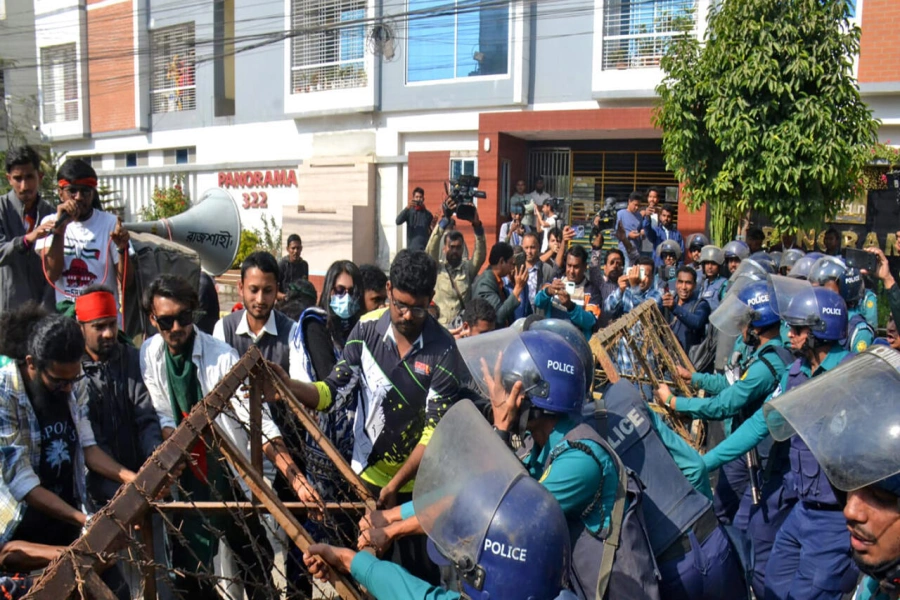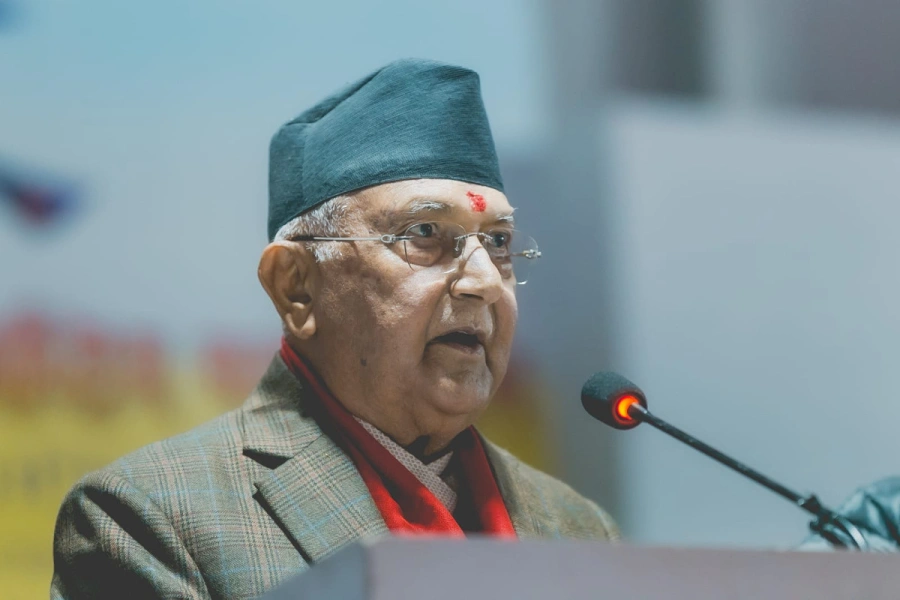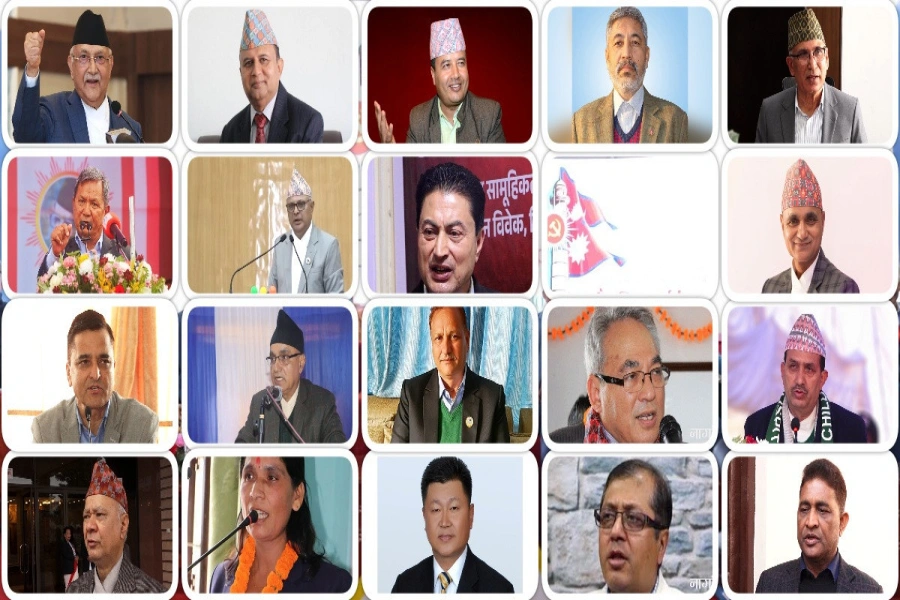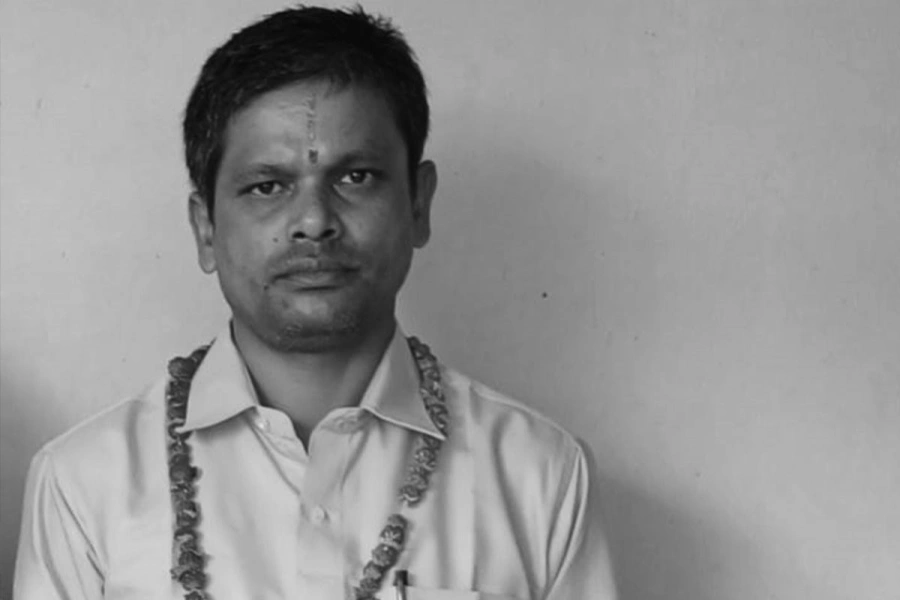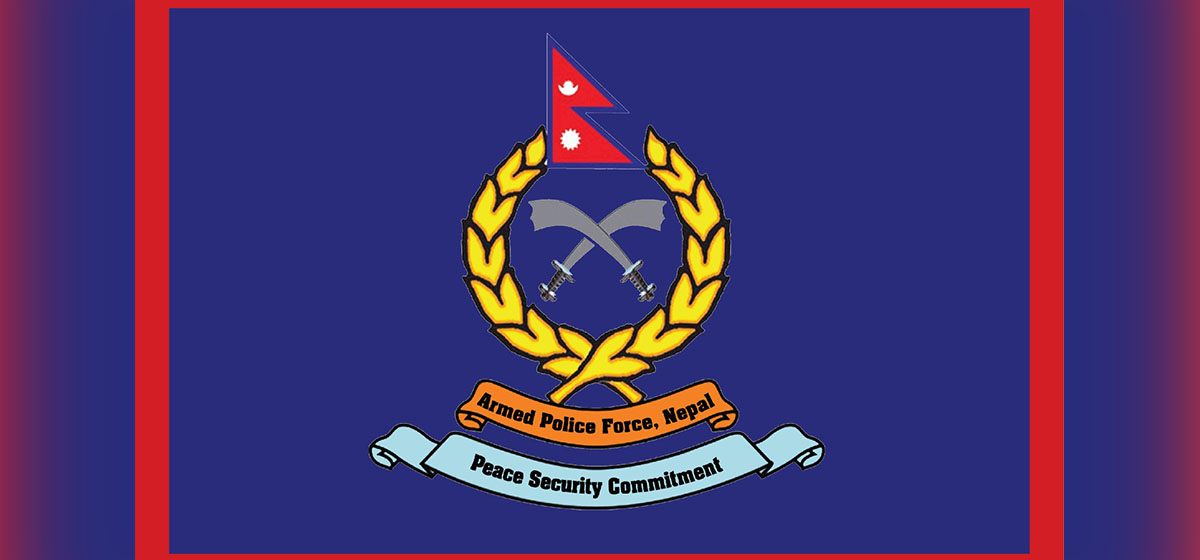In the shadows of our nation's protectors, a silent crisis is unfolding—one that demands immediate attention and decisive action from the government bodies concerned. Disturbing statistics from the Nepal Police Headquarters expose a distressing rise in suicides among security personnel, signaling a deep-seated issue that can no longer be overlooked. The reasons behind this alarming trend are multifaceted, and they speak to the heart of the well-being and competence of our security forces. Over the past seven years, 35 police personnel, including those at the Senior Superintendent of Police (SSP) level, have tragically taken their own lives. This harrowing data, dissected over the years, paints a grim picture of an escalating problem. It is not merely a numerical increase; it is a cry for help from those who bear the burden of ensuring our safety.
Needless to say, the rising suicides among police personnel is a "very dangerous issue for society." The statistics not only reveal a surge in suicides but also a concerning trend of premature resignations within the force. In the last five fiscal years, an alarming 5,961 police personnel voluntarily retired, a significant proportion from lower job levels. The root causes of this crisis are deeply embedded in systemic issues that require urgent attention. One prominent factor is the financial struggle faced by many officers due to a low pay scale. Former Additional Inspector General of Police (AIG) Rabiraj Thapa rightly points out that a job cannot be fulfilling if it doesn't support the basic needs of one's household. The lack of service perks and benefits exacerbates the stress of a profession already fraught with dangers and challenges.
Newly-appointed Nepal Police Chief Kunwar pledges to bring refo...

Political interference within the organization is another cancerous element contributing to the erosion of morale within the police force. Officers, dedicated to upholding law and order, find themselves entangled in the web of political influence for transfers and promotions. This unhealthy politicization not only affects the self-esteem of officers but also compromises the integrity of the entire force. The absence of fixed duty hours further exacerbates the stress levels among police personnel. While professionals in other sectors enjoy the standard eight-hour workday, our dedicated officers are subjected to grueling 16 to 17-hour shifts. The demanding nature of their work is taking a toll on their mental health, leading to dissatisfaction and, in extreme cases, tragically culminating in suicide. Marital strife is an often-overlooked aspect that plays a role in the mental health of police personnel. The extended periods of separation due to duty, coupled with the intense demands of their profession, contribute to strained relationships and, in some cases, extramarital affairs. The breakdown of these relationships further compounds the mental health challenges faced by our officers.
It is imperative that we address this crisis comprehensively and urgently. Mental health check-ups and psychosocial counseling must become integral components of the support system for our police force. The government must not only acknowledge the gravity of the situation but also take concrete steps to rectify the systemic issues that plague our security forces. Nepal Police Spokesperson DIG Kuber Kadayat mentions ongoing efforts to address these problems, but the urgency of the matter necessitates swift and decisive action. Our security forces, tasked with protecting the nation, cannot fulfill their duties effectively if they are grappling with internal strife and mental health challenges. Safeguarding the guardians of our society requires a collective effort. It is a call to action for the government, policymakers, and citizens alike to prioritize the well-being of our security forces. Only through meaningful reforms addressing issues of pay, political interference, career uncertainty, and stressful working conditions can we ensure a healthy, competent, and resilient police force capable of safeguarding our nation. The time to act is now.



